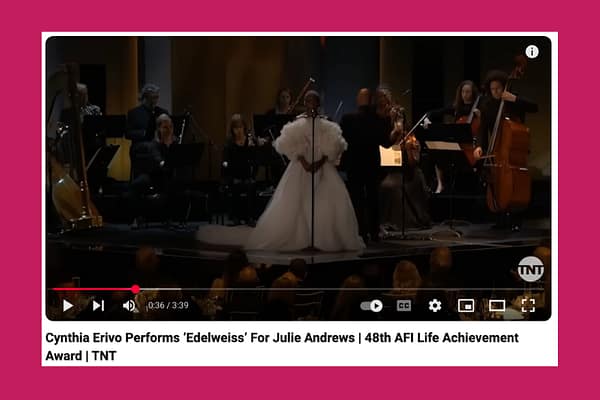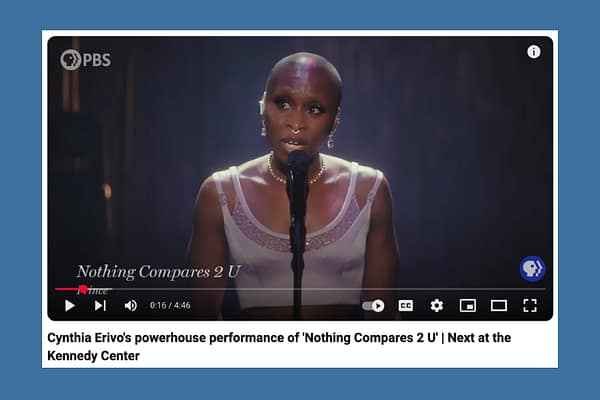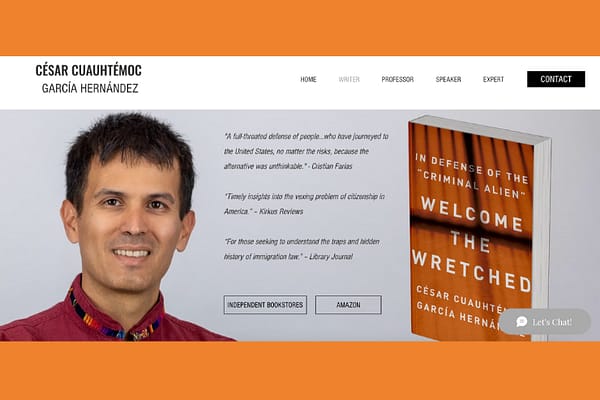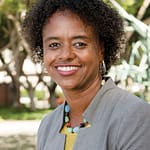Podcast (tihe_podcast):
Play in new window | Download | Transcript
Subscribe: Apple Podcasts | Spotify | RSS | How do I listen to a podcast?
Jesús Campos shares his story as an undocumented undergrad/grad student and ways to support others in their educational pursuits on episode 562 of the Teaching in Higher Ed podcast.
Quotes from the episode
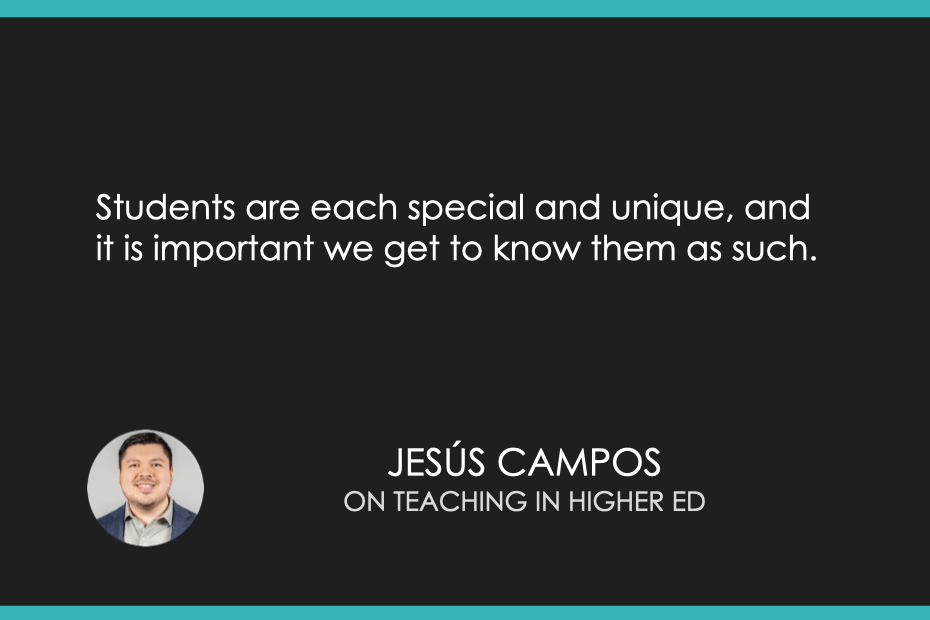
There is some guilt students have because they feel like they’re not really pulling their weight, or they’re sort of a burden because they’re not producing an income.
-Jesús Campos
Look at scholarships that are open to nonresidents. They're out there.
-Jesús Campos
It’s very important not to put yourself and your own experiences in your student’s shoes. Every student is unique and going through something entirely different.
-Jesús Campos
Individuals from different countries go through different processes. It is not a one size fits all.
-Jesús Campos
Students are each special and unique, and it is important we get to know them as such.
-Jesús Campos
